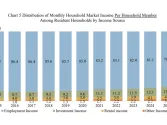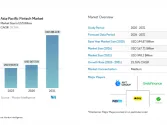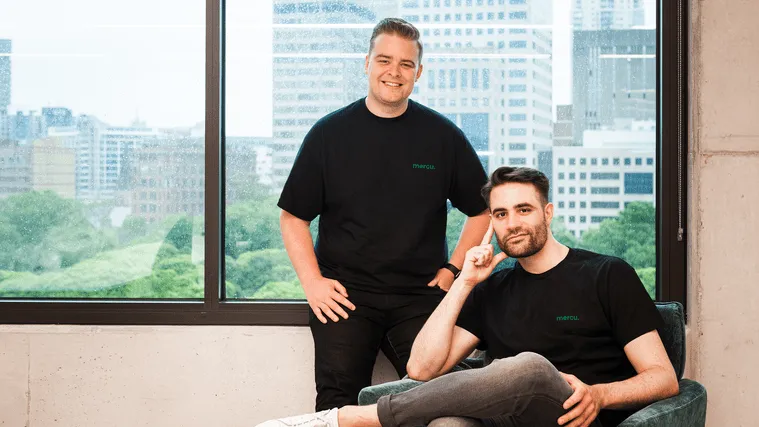
Mercu cuts cost and time spent on hiring, training deskless workforce
Employee turnover in frontline industries can be up to 4x higher than office-based workers.
To save restaurants, retail stores, and other deskless industries from losing about US$8,000 when replacing a shift worker, entrepreneurs Elliott Gibb and Jascha Zittel built a platform that will automate not only hiring, but also training and engaging employees.
Gibb said their platform, Mercu, particularly targets frontline workers because they are often disengaged, which then results in higher turnover in the industry.
“Existing tools to engage and communicate with teams are practically built for desk-based workers. These are built for people that have access to email on their desktop or laptop. [But] how do you communicate with people outside of shift? It’s easy when you’re doing 9-5,” Gibb told the Singapore Business Review.
Mercu helps frontline employers hire, train, and engage employees via chat apps like WhatsApp and Line.
Gibb explained that using existing chat apps that most people already have on their phones allows for frictionless engagement between employers and their current and future employees.
“By delivering to the chat apps that people already have on their phone, we typically see four to five times the level of engagement that you would expect with an email or a separate mobile app,” Gibb said.
“The idea is that as an employee, you don’t have to download new software, you don’t have to create an additional account, everything that we do gets delivered to where you already spend a lot of time online,” Zittel added.
Less time for recruitment
Through Mercu, deskless employers can cut time spent on contacting candidates and also reduce no-shows in the recruitment process.
“We do a lot of automatic reminders. So on the day of your interview, two hours before, you’re gonna get a message as a candidate saying: ‘We’re looking forward to meeting you, here’s the office where you should come to for your interview. Don’t forget to bring your ID, etc.’,” Gibb said.
By reducing no-shows, Gibb said frontline employers can also save money spent on job boards.
Meanwhile, the recruitment team of one of Mercu’s clients, fast food chain, Guzman y Gomez, was able to cut down the time they spent per candidate from 45 minutes to less than 15 minutes through Mercu.
Zittel explained that Mercu has an onboarding programme where businesses can enroll their candidates.
Once enrolled, the candidates will receive a message and in that message they can book their interview. “We will then continuously remind the candidate about their upcoming interview,” Zittel said.
Engagement and training
Apart from helping Guzman y Gomez in their hiring process, Mercu also helped the fastfood chain in keeping their employees updated about changes in operations.
“We do quick updates on guacamole preparation, ingredients list, latest menu items, and specials,” Zittel said.
Apart from quick announcements, businesses can also use Mercu to arrange team dinners or send out engagement surveys to their employees.
More importantly, businesses can use Mercu in arranging trainings for their employees.
“Today, the way businesses train the frontline or deskless employees is often an afterthought. Typically, they kind of have a big three- or four-hour one-off training and then it’s like on-the-job training on a per need basis,” Zittel said.
He underscored that because of the lack of continuous training, businesses find it hard to monitor knowledge gaps and identify root causes for errant behavior of their employees.
“So, what we’re doing here is, instead of a one-off training, we help employers do a micro training and breakout training over multiple days, delivered seamlessly to the frontline staff’s chat apps so there is no friction,” Zittel explained.
Future plans
With more funding at hand, Zittel and Gibb plan to double down on product development efforts and make Mercu a platform that also allows deskless employees access to the right information.
Zittel said they want deskless employees to be able to access operation manuals and standard operating procedures (SOPs) which are usually either printed or in some desk drawer.
“What we’re able to do here is training the recent AI technology with these manuals, and then making them queryable, using natural language from a Whatsapp interface or Messenger interface,” Zittel said.
“Ultimately, our goal is… to enable every employer of deskless employees to enable their frontline staff to reach their full potential and so growth is kind of like the underlying theme here that we’ll focus on going forward,” he said.


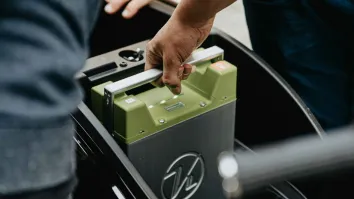







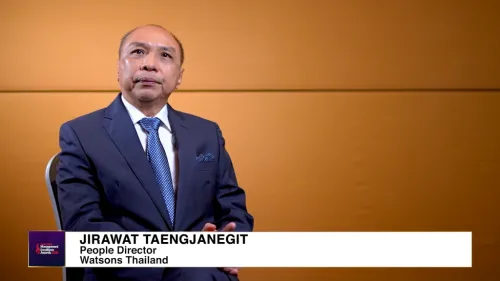


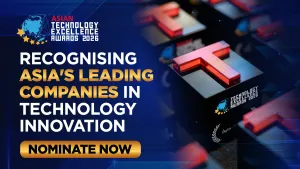





 Advertise
Advertise
